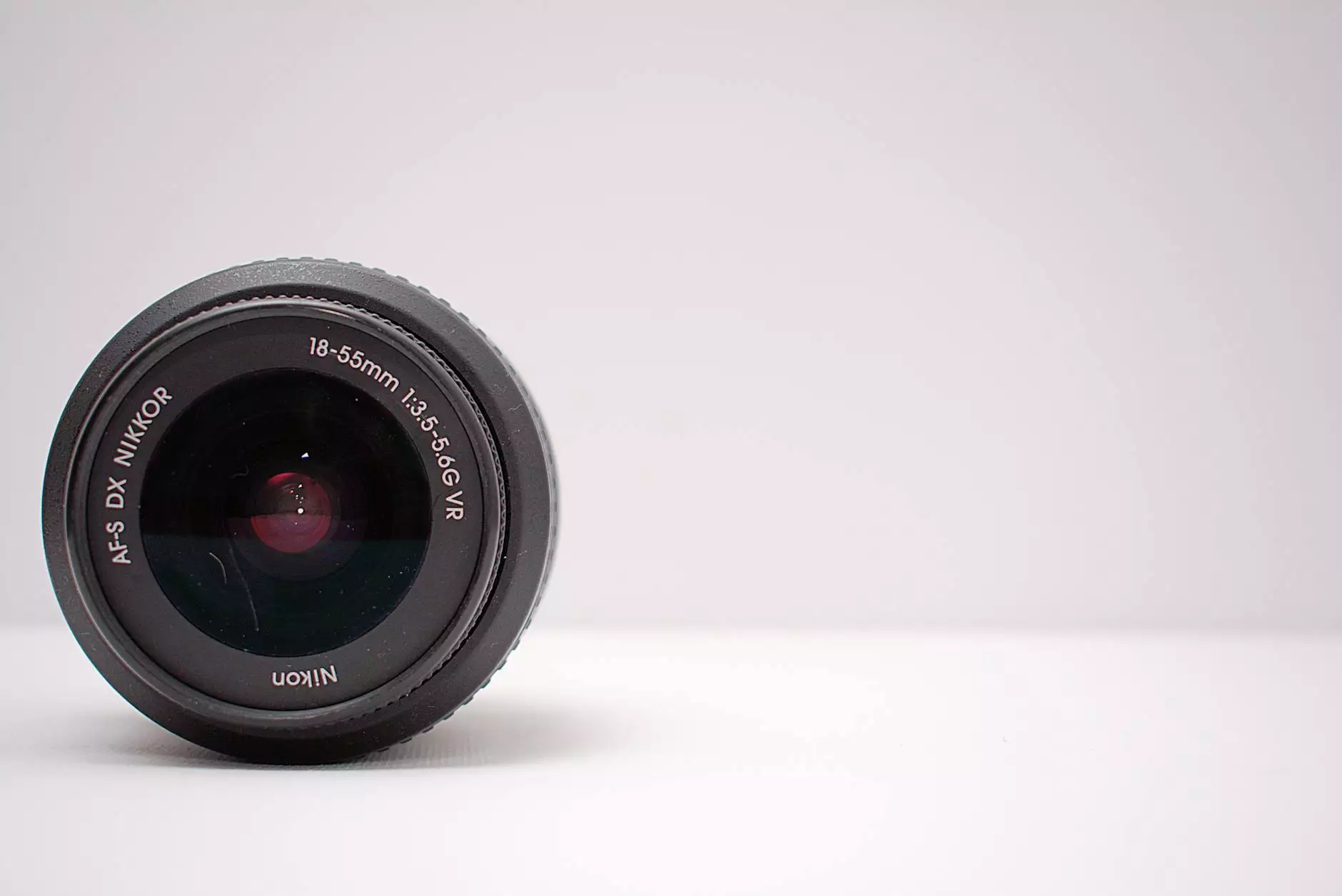Understanding Orthopedic Surgery Supplies: A Comprehensive Overview

When it comes to providing top-notch patient care in the field of orthopedics, the importance of having the right orthopedic surgery supplies cannot be overstated. These supplies play a critical role in the successful treatment of various musculoskeletal conditions, ensuring that both healthcare professionals and patients achieve the best possible outcomes.
What Are Orthopedic Surgery Supplies?
Orthopedic surgery supplies encompass a wide range of products, instruments, and materials used in surgical procedures aimed at repairing or treating bones, joints, ligaments, and other components of the musculoskeletal system. The effectiveness of orthopedic surgeries greatly depends on the quality and appropriateness of the supplies used.
The Importance of Quality in Orthopedic Supplies
High-quality orthopedic supplies not only enhance the efficacy of surgical interventions but also minimize the risk of complications and infections. Surgeons and healthcare providers must have access to reliable and innovative supplies to ensure successful patient outcomes.
Types of Orthopedic Surgery Supplies
Orthopedic surgery supplies can be broadly categorized into several types, each serving a unique purpose during surgical procedures. Here’s a detailed breakdown:
1. Surgical Instruments
Surgical instruments are essential for performing various tasks during surgery. They include:
- Scalpels: Used for making incisions.
- Forceps: Designed for grasping and holding tissues.
- Scissors: Utilized for cutting various tissues.
- Drills and Saws: Essential for cutting through bone.
- Retractors: Used to hold back tissues to give the surgeon better visibility.
2. Implants
Implants are critical components used to replace or support damaged bones and joints. Common types include:
- Bone screws: Used to hold bones together.
- Plates: Provide support to fractured bones.
- Prosthetics: Replace joints, such as hips and knees.
- rods and nails: Support long bone fractures.
3. Surgical Drapes and Covers
Surgical drapes help maintain a sterile environment, preventing infections during surgery. They include:
- Sterile drapes: Cover the surgical field.
- Instrument covers: Provide protection for surgical tools.
4. Diagnostic Supplies
Before surgery, accurate diagnosis is crucial. Diagnostic supplies include:
- X-ray films: Used for imaging bones.
- Ultrasound tools: Help assess soft tissue injuries.
- MRI supplies: Provide detailed imaging for surgical planning.
5. Anesthesia Supplies
Anesthesia supplies are vital for ensuring patient comfort during surgical procedures. These include:
- Anesthesia machines: Deliver anesthetic gases.
- Intravenous (IV) equipment: Administer medications.
Choosing the Right Orthopedic Surgery Supplies
Selecting the appropriate orthopedic surgery supplies involves several key considerations:
1. Quality Assurance
Always opt for supplies that adhere to stringent quality standards. Look for products certified by regulatory bodies like the FDA.
2. Supplier Reputation
Choose reputable suppliers such as new-medinstruments.com, known for their dedication to quality and service.
3. Product Range
Select suppliers that offer a comprehensive range of orthopedic supplies to meet various surgical needs.
4. Customer Support
Reliable customer support is critical for addressing any issues that may arise with orders or product quality.
Innovations in Orthopedic Surgery Supplies
The field of orthopedics is continuously evolving, with technology playing a significant role in enhancing surgical outcomes. Innovations include:
1. Biodegradable Implants
Recent advancements have led to the development of biodegradable implants that eliminate the need for removal surgeries.
2. 3D Printing Technology
This technology allows for the creation of custom implants and prosthetics tailored to the patient’s specific anatomy, improving fit and function.
3. Robotics in Surgery
Robotic-assisted surgery enhances precision and minimizes invasiveness, leading to quicker recovery times for patients.
Training and Resources for Healthcare Professionals
Healthcare professionals must stay informed about the latest trends and best practices regarding orthopedic surgery supplies. This can be achieved through:
1. Continuing Education Programs
Many medical institutions offer workshops and seminars focused on orthopedic surgery advancements.
2. Online Resources
Numerous websites provide information on the latest orthopedic supplies and technologies.
3. Networking Events
Attending industry conferences allows professionals to connect with peers and suppliers, fostering knowledge sharing.
Conclusion
In conclusion, having access to high-quality orthopedic surgery supplies is essential for healthcare providers committed to delivering exceptional patient care. By understanding the various types of supplies available, selecting reliable sources, and staying abreast of innovations in the field, medical professionals can dramatically improve surgical outcomes and enhance patient satisfaction.
For comprehensive orthopedic surgery supplies, visit new-medinstruments.com, your trusted partner in health and medical advancements.









